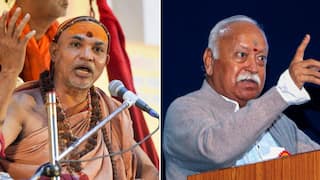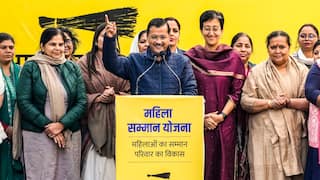Govt Seeks Waiver From Sebi In Key Norm For IDBI Bank Stake Sale: Report
Earlier this month, the Centre invited bids for a 60.72 per cent stake in IDBI Bank, which is 45.48 per cent owned by the government and 49.24 per cent by LIC, after dragging its feet for years

The government is in talks with Securities and Exchange Board of India (Sebi), the market regulator, seeking to relax a key public shareholding norm for the potential buyer of IDBI Bank in a bid to attract a larger pool of suitors, citing two sources news agency Reuters reported on Tuesday.
Earlier this month, the Centre invited bids for a 60.72 per cent stake in IDBI Bank, which is 45.48 per cent owned by the government and 49.24 per cent by state-run Life Insurance Corporation (LIC), after dragging its feet for years.
According to the Sebi guidelines, a minimum 25 per cent of public shareholding for all listed entities, excluding state-owned companies, within three years of listing.
According to the report, the government has asked the Sebi if it can classify the government and LIC's remaining stake of about 34 per cent after the sale as public float, which will help the new buyer meet the minimum public shareholding norm without diluting its ownership, one of the sources told Reuters.
"If Sebi allows both government and LIC to be classified as public shareholders, the minimum public shareholding criteria will be automatically met," the second official said.
IDBI Bank, being majority owned by the government and a quasi-government firm, is currently exempt from the shareholding norm and the promoters - LIC and government - hold 95 per cent of the firm.
As per sources, once approved by the Sebi, the relaxed norm will be shared with buyer when the government signs the share purchase deal with the winning bidder of IDBI Bank.
The central government had first announced a plan to divest IDBI Bank in 2016 but eventually shuffled the stake to its own insurance behemoth LIC.
Prime Minister Narendra Modi has been trying to privatise a number of state-run firms since he came to power in 2014. But he has had only a few successes such as the sale of national carrier Air India to conglomerate Tata Group.
Trending News
Top Headlines





































